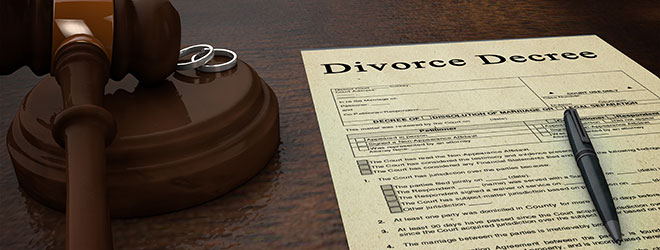Posted 27th June 2016

10 Most Common Reasons Why Couples Divorce
Life offers many challenges and we often instinctively look to the other person in a relationship to bolster our strength and to meet our emotional needs. However, the lack of communication, mixed messages and conflicting interests can deliver the opposite result. Couples counselling can turn a conflict from a negative interaction into an experience with positive outcome that can reunite the couple and heal emotional wounds.
To ask for information or to arrange an appointment,
please call Kenneth Demsky, PhD on 020 7435 6116
or send an e-mail to enquiry@drkennethdemsky.co.uk Sometimes it seems like the other person is not supportive and is working against you. We can learn to understand who we are and why we feel this way and also try to communicate more honestly and effectively. These are the necessary steps towards recognising that we can overcome most of the difficulties in our marriage. Is the other person really trying to thwart your attempts at resolution or is he or she simply struggling to comprehend what you want from them?
According to a recent research, the top ten reasons for divorce are -
- Money – Love it or loathe it, money is integral in our lives. Reality bites when expenses exceed or threaten to exceed our income or when people have different priorities for their shared income, for example one person may prefer to save while the other prefers to spend.
- Infidelity – Is cheating an ultimate trust breaker and a point of no return? Perhaps not, if we try to understand the real reason why it happened.
- Children from past relationships – Effective parenting is perceived differently when a child is a step-child. The child may play on an adult's inability to enforce rules and blurred boundaries, leaving the step-parent feeling powerless.
- Sexual expectations – A difference in sexual needs and expectations can cause tension which makes communication difficult and marriage more problematic.
- A loss of identity – When a person feels that their personality and interests have been subsumed by the other person – that's a recipe for a conflict.
- The Ex – If an ex-partner seems to be getting the attention of your partner rather than present relationship, this will cause strife. No one likes to feel second best.
- A lack of privacy – Every couple needs to find time for themselves to nurture their relationship, however the daily task list and demands often thwart attempts at this, or couples neglect it altogether, weakening the marriage.
- Over-sharing on social media – With the growth of social media platforms a number of people have found communicating via their accounts is easier than face to face. There are often difficulties when one partner feels that the other one is over-sharing private information in the public domain while the opposite (no mentions) inspires thoughts of inattentiveness.
- Different methods to express yourself during conflict - Some people will have grown up in an environment in which arguing was normal or perhaps it's in their nature, others will have a background in which conflict was avoided and feelings held within or perhaps a mixture of the two. This difference in approaches can be an obstacle to problem resolution.
- Overall communication issues – Rather like the last point, if a person is prone to shutting themselves off and not communicating their feelings in the face of a partner who freely discusses all aspects of their life, this can escalate ill feeling and a sense of miscommunication.
- Recent statistics showed that 42% of marriages end in divorce, but 87% of these people thought that they were in a good relationship prior to the crisis. This tells us that few people wanted to lose the marriage or relationship that they were in.
Couples counselling can turn a conflict from a negative interaction into an experience with positive outcome that can reunite the couple and heal emotional wounds. Communication is the key to survival of any marriage - this is why couples counselling is so effective. Often the main protagonists can get stuck in an unproductive cycle that frustrates and confuses them. An undercurrent of hostility can seem endless, but instead of jumping off the merry-go-round and opting for divorce, it's far better to take a step back and review any contentious issues, doubts, concerns and perhaps suspicions. It's better to remember why you got together and what your shared goal was and try to understand why it became lost in the fog of negativity. A professional therapist can restart effective communication and bring conflict resolution and compromise using a variety of proven techniques. Couples counselling may not be an easy process, but it's better than a goodbye.
Posted 27th June 2016
To ask for information or to arrange an appointment,
please call Kenneth Demsky, PhD
on 020 7435 6116
or send an e-mail to
